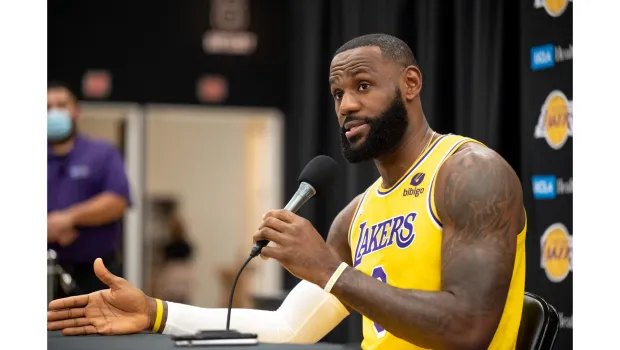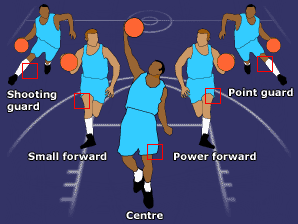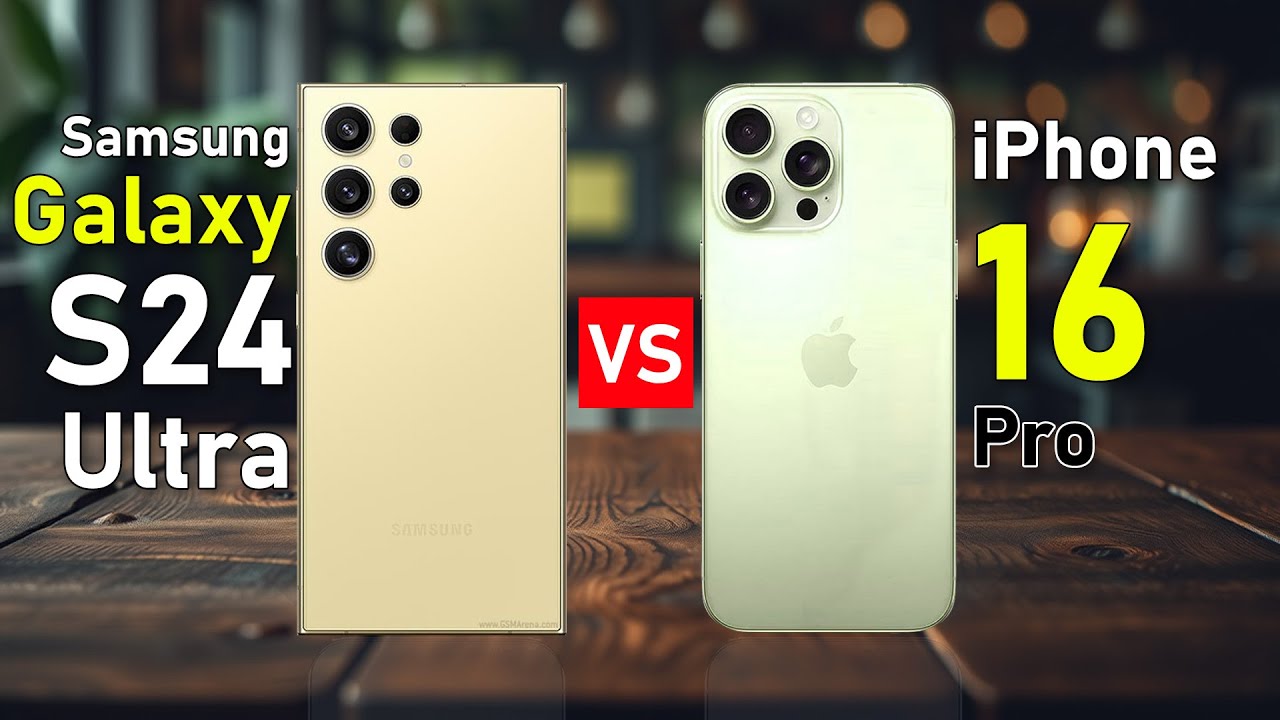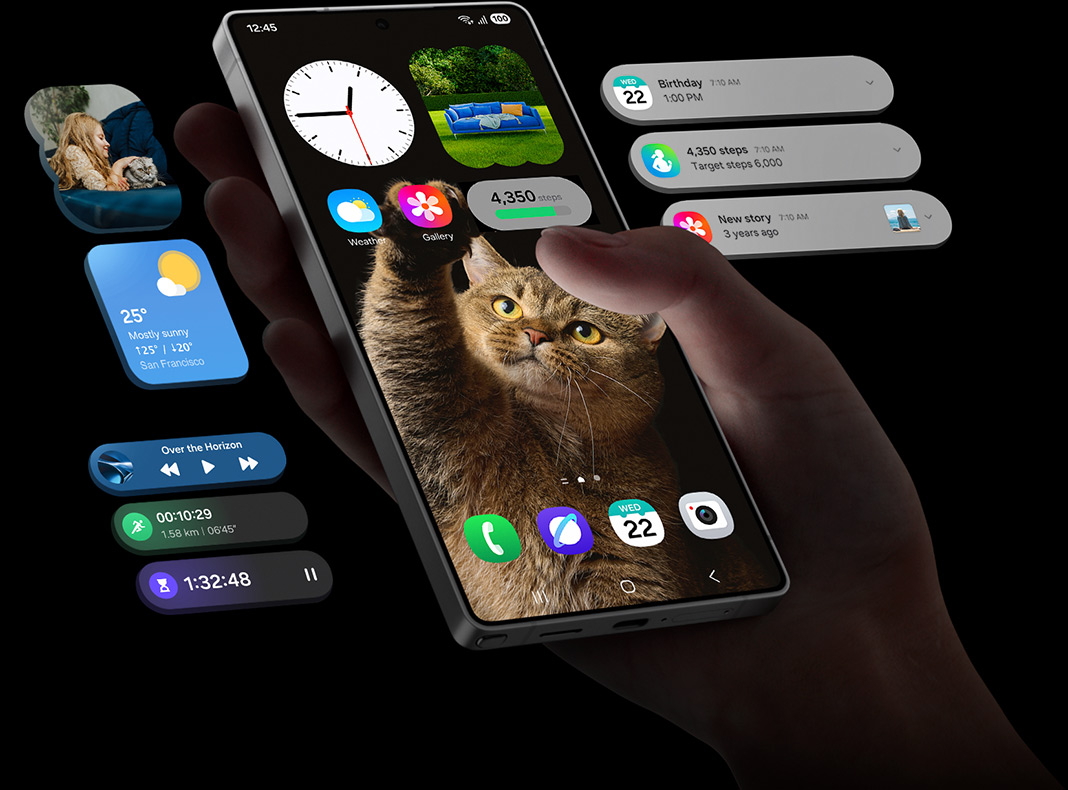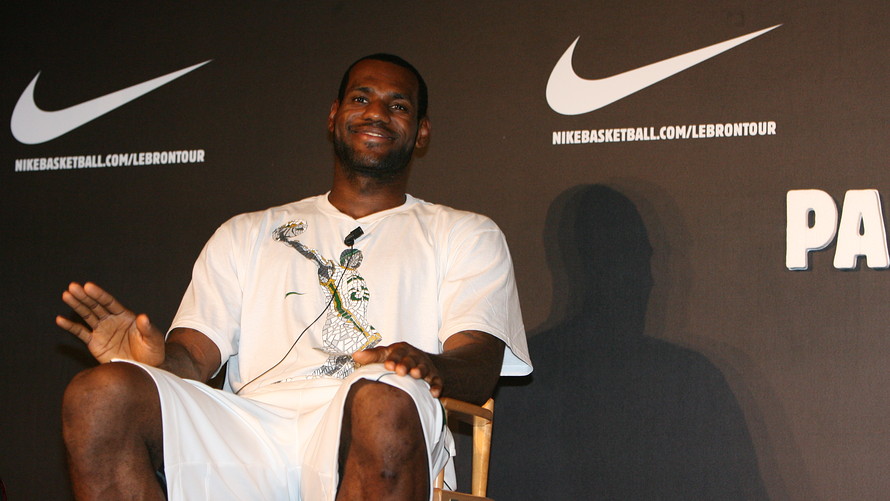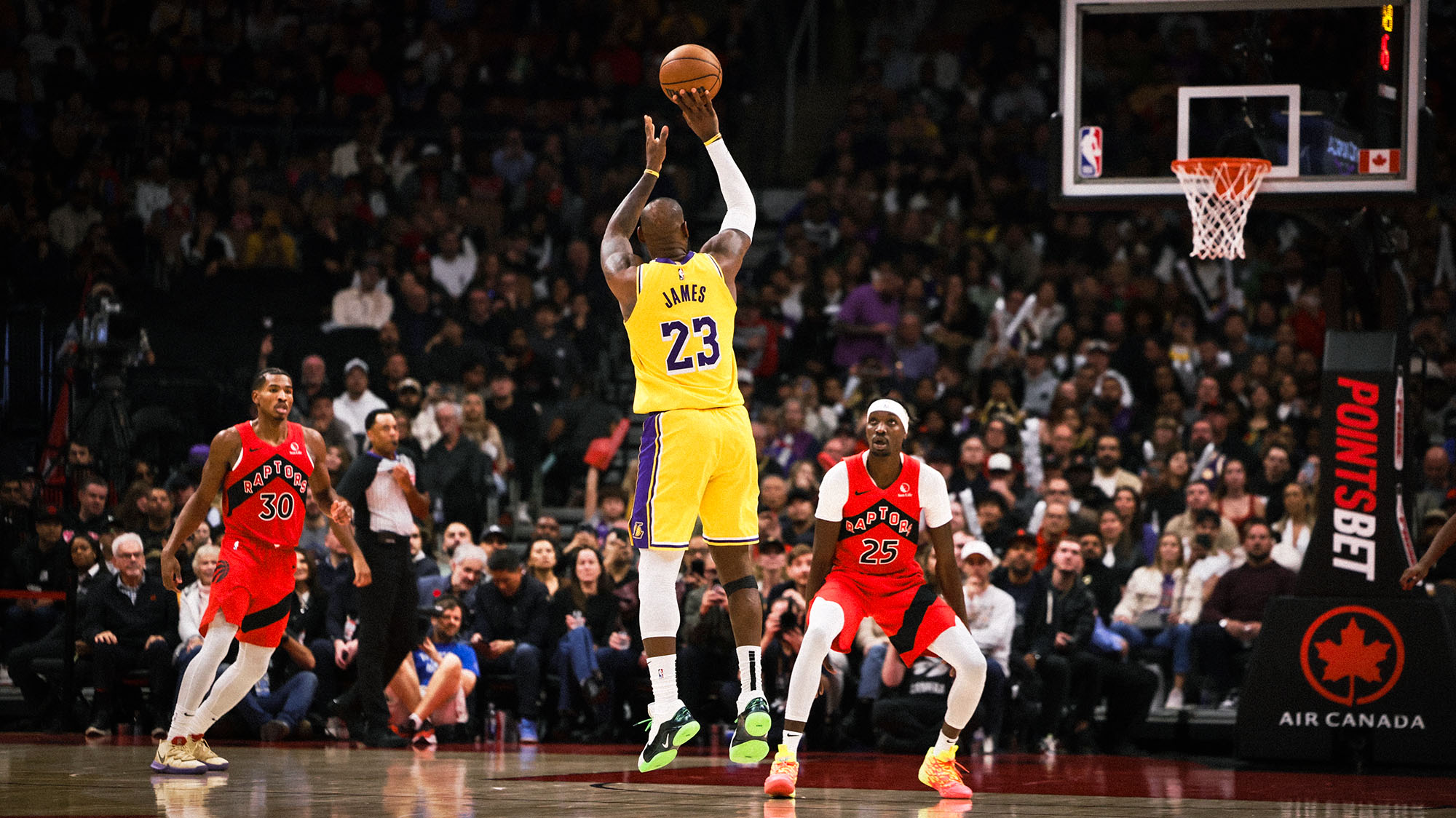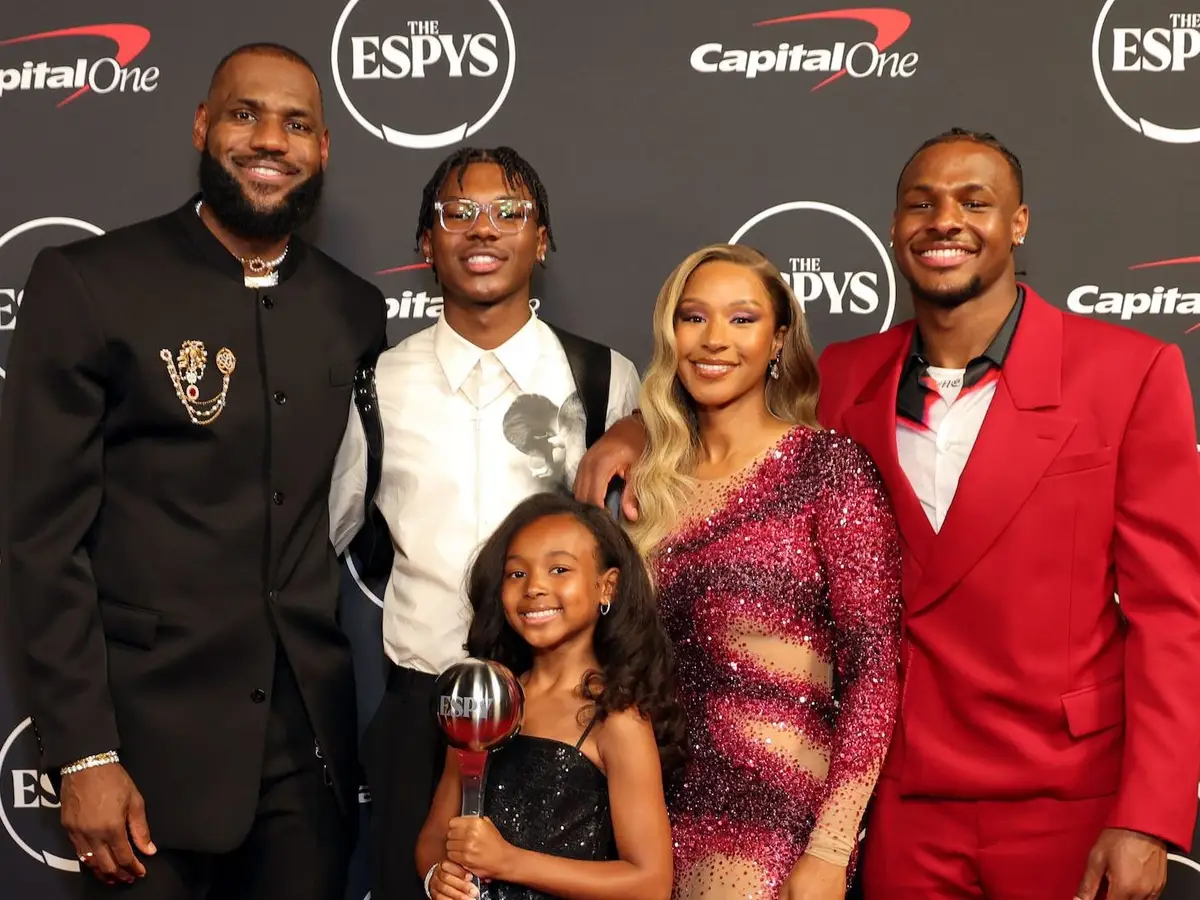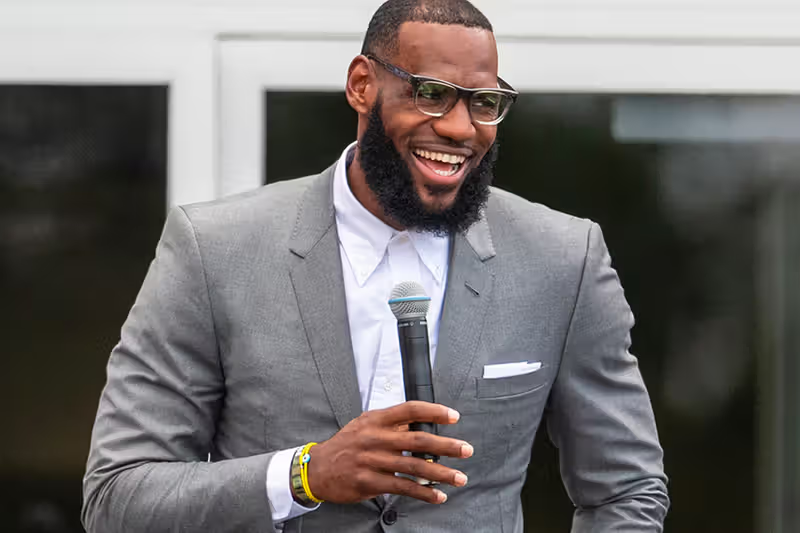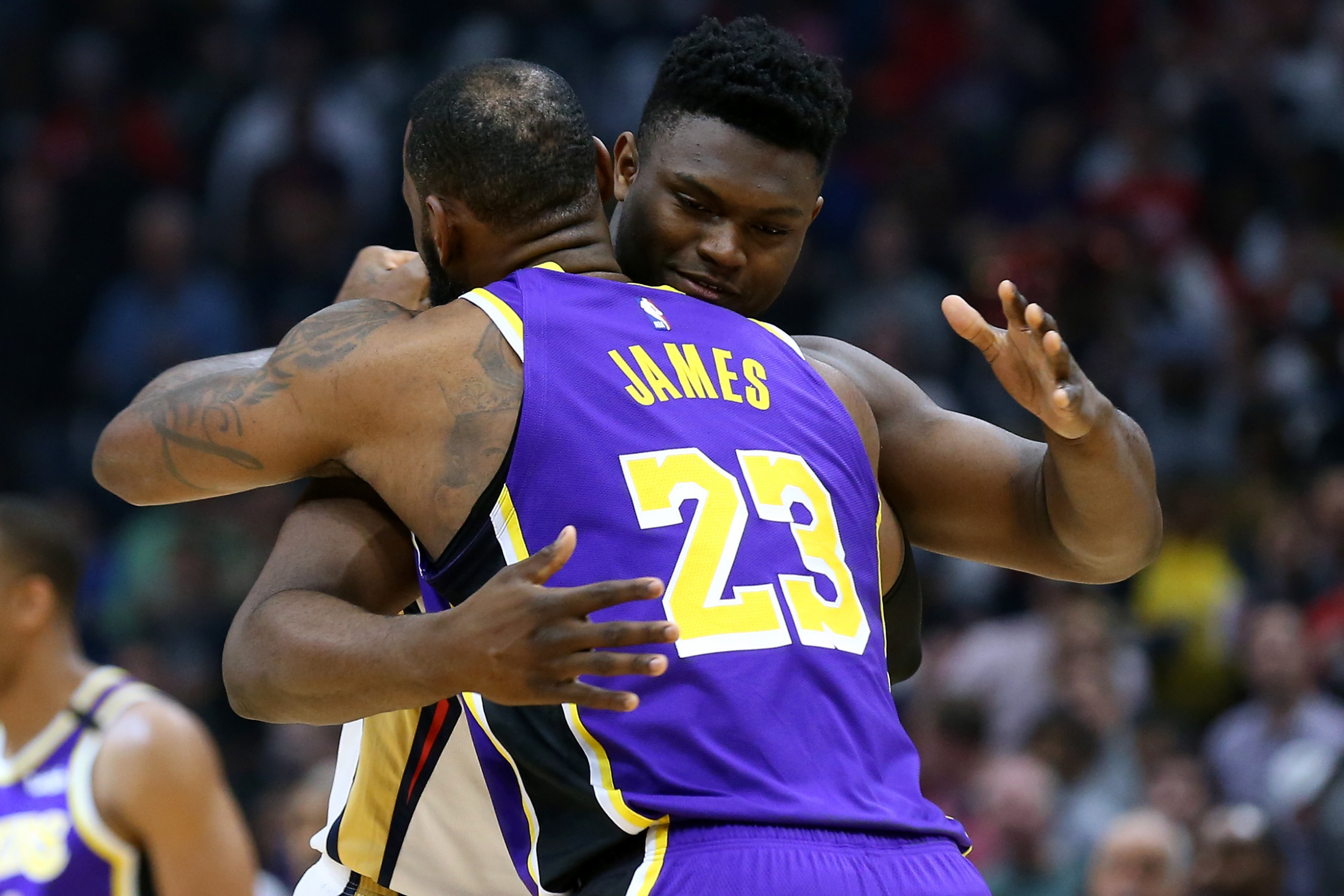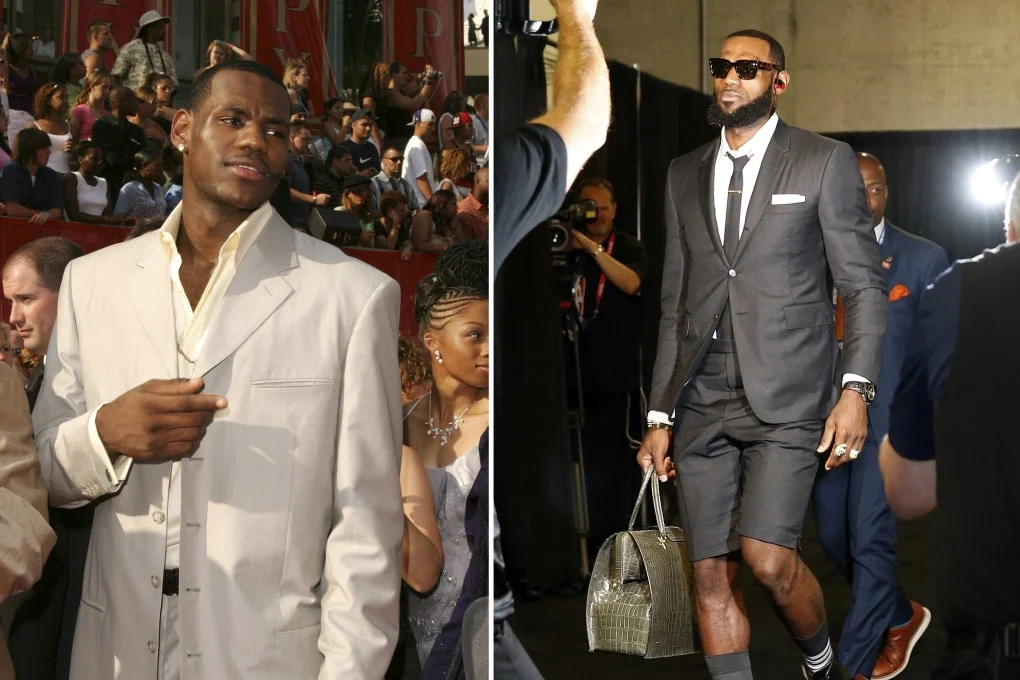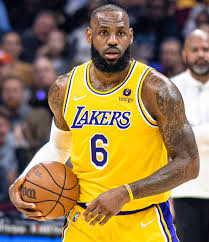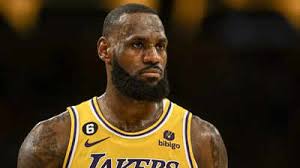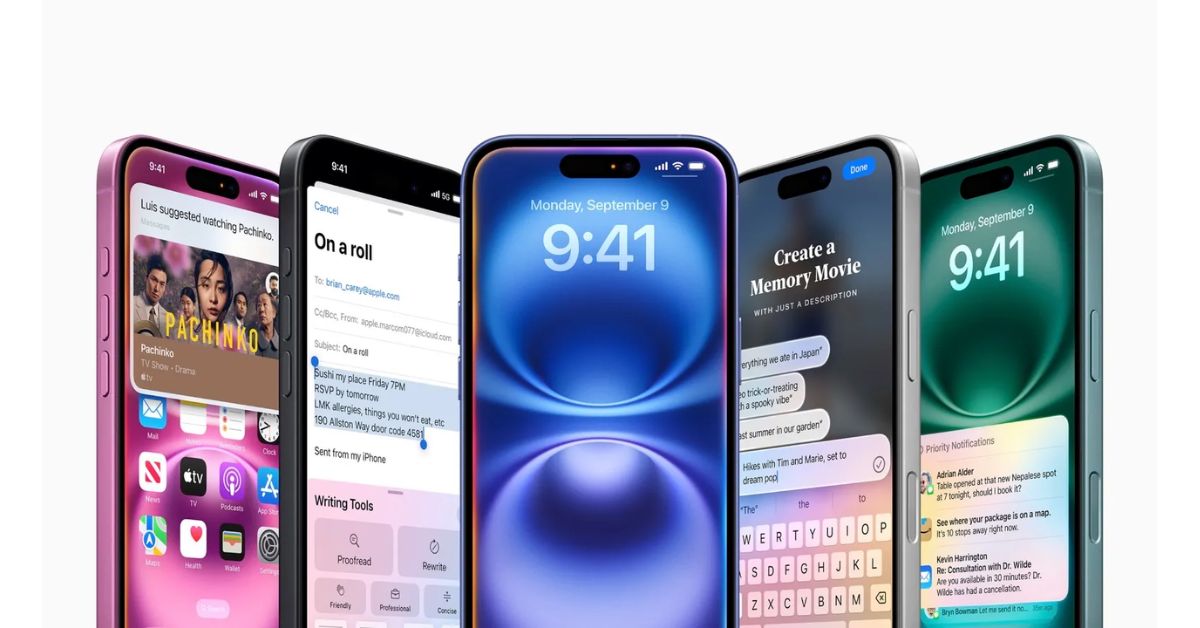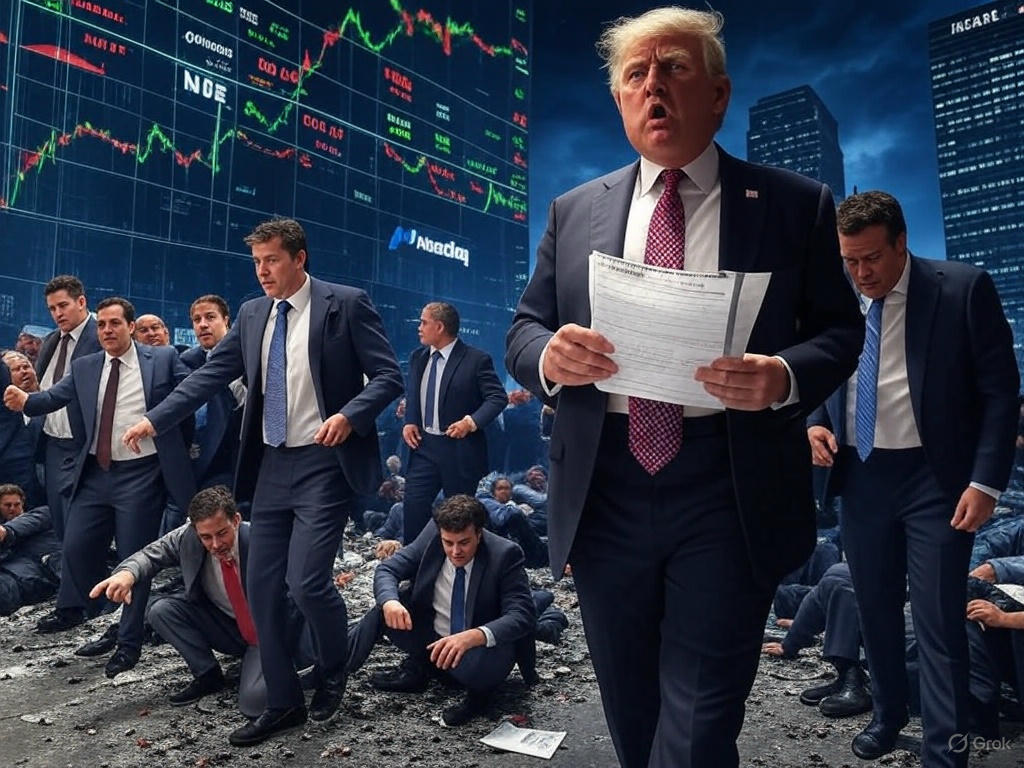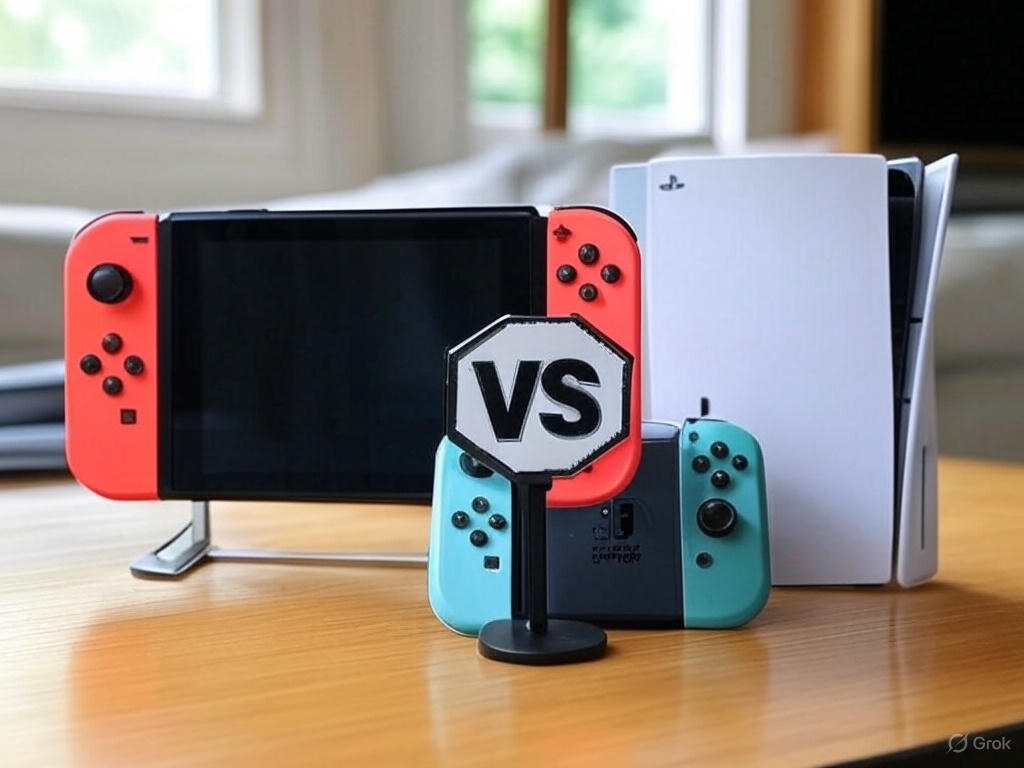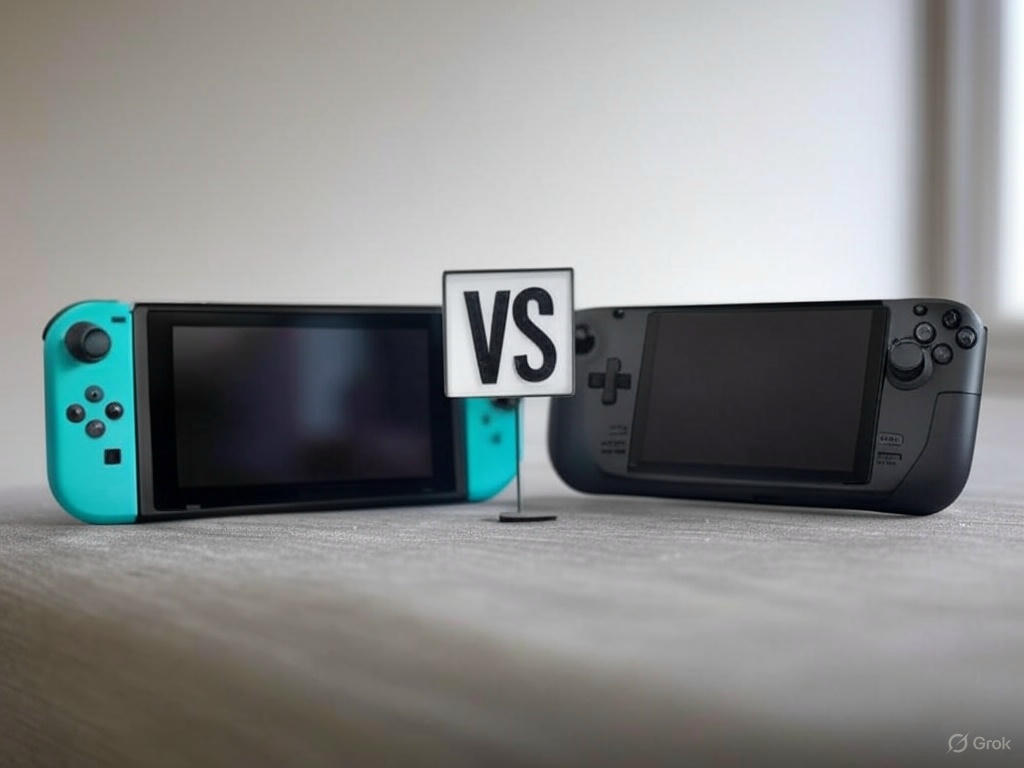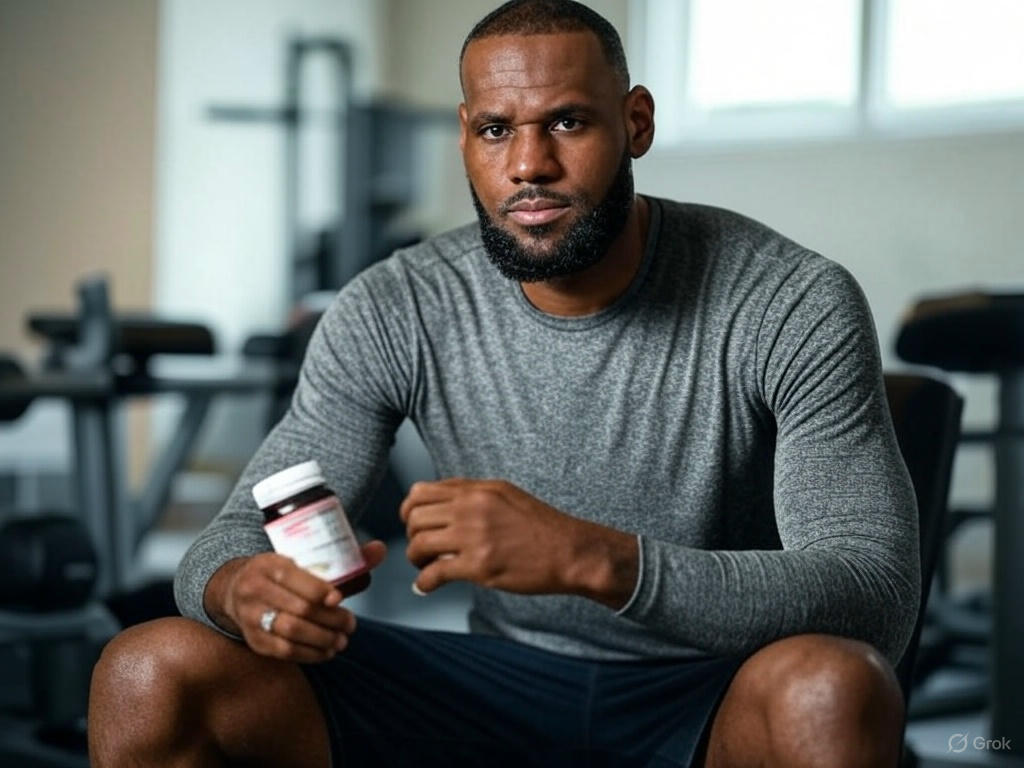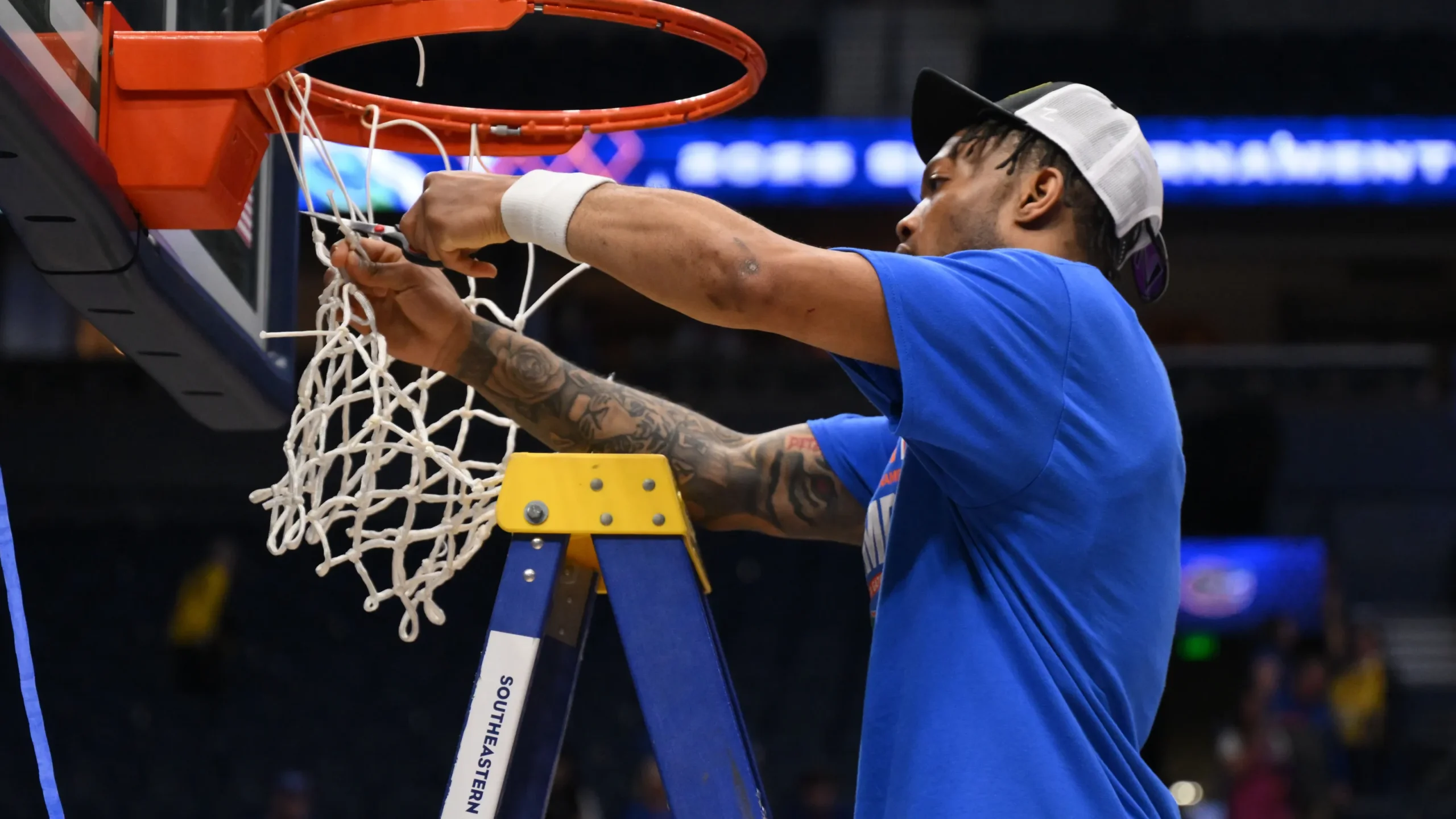NBA superstar LeBron James isn’t just a basketball legend; he’s a pioneer who redefined how players think about contracts, mobility, and empowerment in professional sports. Over his two-decade career, his influence has transcended the court, impacting how teams and players approach negotiations and reshaping the economic structure of the league.
This blog dives into LeBron’s immense influence on NBA contracts and player empowerment. From his rookie days to game-changing moments like “The Decision” and his role in popularizing the concept of player-driven team-building, LeBron’s legacy extends far beyond scoring titles and championships. Here’s how King James fundamentally changed the game.
Early NBA Contracts and LeBron’s Rookie Era
When LeBron entered the NBA in 2003 as the first overall draft pick, the league’s contract landscape was significantly different. Rookie deals fell under strict parameters set by the NBA’s collective bargaining agreement (CBA). Draft positions largely determined salary, with top picks earning guaranteed contracts but limited flexibility in negotiating long-term security or short-term flexibility.
LeBron’s first contract with the Cleveland Cavaliers was a four-year deal valued at $18.8 million, standard for a number-one pick. While lucrative, these contracts often gave teams the upper hand, controlling young stars’ career paths through team-friendly extensions.
LeBron played within these early constraints, but it was clear from the start that his value far eclipsed the traditional rookie framework. Averaging over 20 points per game in his first season and quickly becoming the Cavaliers’ centerpiece, LeBron brought renewed attention to the power dynamics between elite players and front-office executives.
The Decision That Changed Free Agency Forever
LeBron’s most pivotal move came in 2010 with “The Decision,” a televised announcement that revealed his choice to leave Cleveland and join the Miami Heat via free agency. Though controversial at the time, the event signified a turning point in the way NBA players viewed free agency.
LeBron didn’t just change teams; he fundamentally shifted the narrative around player agency. For the first time, a player exercised full control over his future, publicly discussing and acting on his desire to play where he had the best chance to win championships. Alongside stars Dwyane Wade and Chris Bosh, he formed a “superteam” in Miami, sending shockwaves through the league.
This moment cemented the idea that players, and not just teams or agents, could dictate the course of their careers. LeBron’s move showcased the power of individual athletes in a league dominated by team ownership, sparking conversations about fairness, loyalty, and control.
Creating Player Leverage and Movement
After “The Decision,” contract negotiations across the league were never the same. LeBron’s insistence on short-term contracts, rather than long-term deals, became a hallmark of his strategy. By opting for shorter contracts with player options, LeBron maximized his leverage, keeping teams accountable for building competitive rosters while positioning himself to capitalize on rising salary caps.
This strategy inspired other star players to adopt a similar approach. Kevin Durant, Kawhi Leonard, and others took notice, following LeBron’s example by signing shorter deals to retain control over their futures and increase their earnings potential.
LeBron’s approach empowered players to challenge the status quo. Instead of being tied to long-term commitments that favored teams, elite athletes could demand more transparency and accountability. Suddenly, team executives faced growing pressure to cater to the needs of their star players or risk losing them to free agency.
The Rise of the Supermax Contract and Player Control
LeBron’s influence also played a role in the league’s adoption of the supermax contract, introduced in the 2017 CBA. Designed to incentivize stars to stay with their current teams, the supermax allows franchises to offer players significantly higher salaries than rival teams.
While this rule ostensibly benefits teams, it also highlights the bargaining power that star players like LeBron wield. Players not only command record-breaking contracts but also retain negotiating power even after signing massive deals. Whether through no-trade clauses or player options, these elements reflect the growing emphasis on player control.
LeBron himself has stayed ahead of the curve, adapting his mix of short-term deals and carefully chosen long-term commitments to strike a balance between financial security and freedom. Through his influence, basketball stars now have more tools than ever to dictate the terms of their careers.
Economic Impact on the NBA
LeBron’s contract strategies haven’t just reshaped individual agreements; they’ve also impacted the league’s broader economic framework. By leveraging his popularity and headline-grabbing moves, he’s driven interest in the NBA globally, boosting TV ratings, merchandise sales, and sponsorship deals.
The ripple effects go beyond the court. LeBron’s presence in a market like Los Angeles or Miami significantly boosts local economies. His ability to draw both fans and corporate sponsors contributes to increased revenue for teams and the league as a whole.
Additionally, LeBron’s contracts have set new benchmarks for player earnings, creating a ripple effect that benefits athletes across the association. His moves continually raise the bar, influencing CBAs and ensuring that player benefits grow with the league’s overall revenue.
Players Who Followed LeBron’s Lead
LeBron’s impact is most evident in the players who’ve adopted his strategies to chart their own paths. Here are just a few examples of athletes who’ve embraced contract flexibility and player empowerment following his lead:
- Kevin Durant has frequently signed short-term contracts with player options, mirroring LeBron’s approach to maximize flexibility and earnings.
- Kawhi Leonard capitalized on free agency to move to the Los Angeles Clippers, structuring his deal to accommodate both financial security and control.
- Giannis Antetokounmpo signed a supermax contract with the Milwaukee Bucks, using his leverage to demand roster improvements and secure the franchise’s first championship in decades.
These players, and many others, demonstrate how LeBron’s influence continues to ripple across the NBA. By prioritizing empowerment, flexibility, and partnership with their teams, today’s stars are redefining what it means to be a professional athlete.
LeBron James’s Lasting Legacy in the NBA
More than anyone in recent history, LeBron James has shifted the dynamic between NBA players, teams, and the league itself. From introducing new ways to approach free agency to inspiring the adoption of supermax contracts, his career stands as a roadmap for modern athletes seeking both financial success and personal agency.
LeBron’s lasting legacy isn’t just his championships or individual records. It’s the empowerment of players to take control of their careers, leverage their value, and push back against the limitations of traditional contracts.
Whether you’re a die-hard fan or a casual observer, one thing is clear. The NBA is a more dynamic league today, thanks in large part to LeBron James’s groundbreaking approach to contracts and player empowerment.

Dominic O. McCoy is a passionate writer who loves crafting engaging and informative blogs on a wide range of topics. With a deep curiosity and a knack for storytelling, he explores everything from lifestyle and technology to business and home improvement. Whether breaking down complex ideas or sharing practical tips, McCoy aims to deliver valuable content that resonates with readers. When he’s not writing, he enjoys learning about new trends and expanding his knowledge to bring fresh perspectives to his work.

